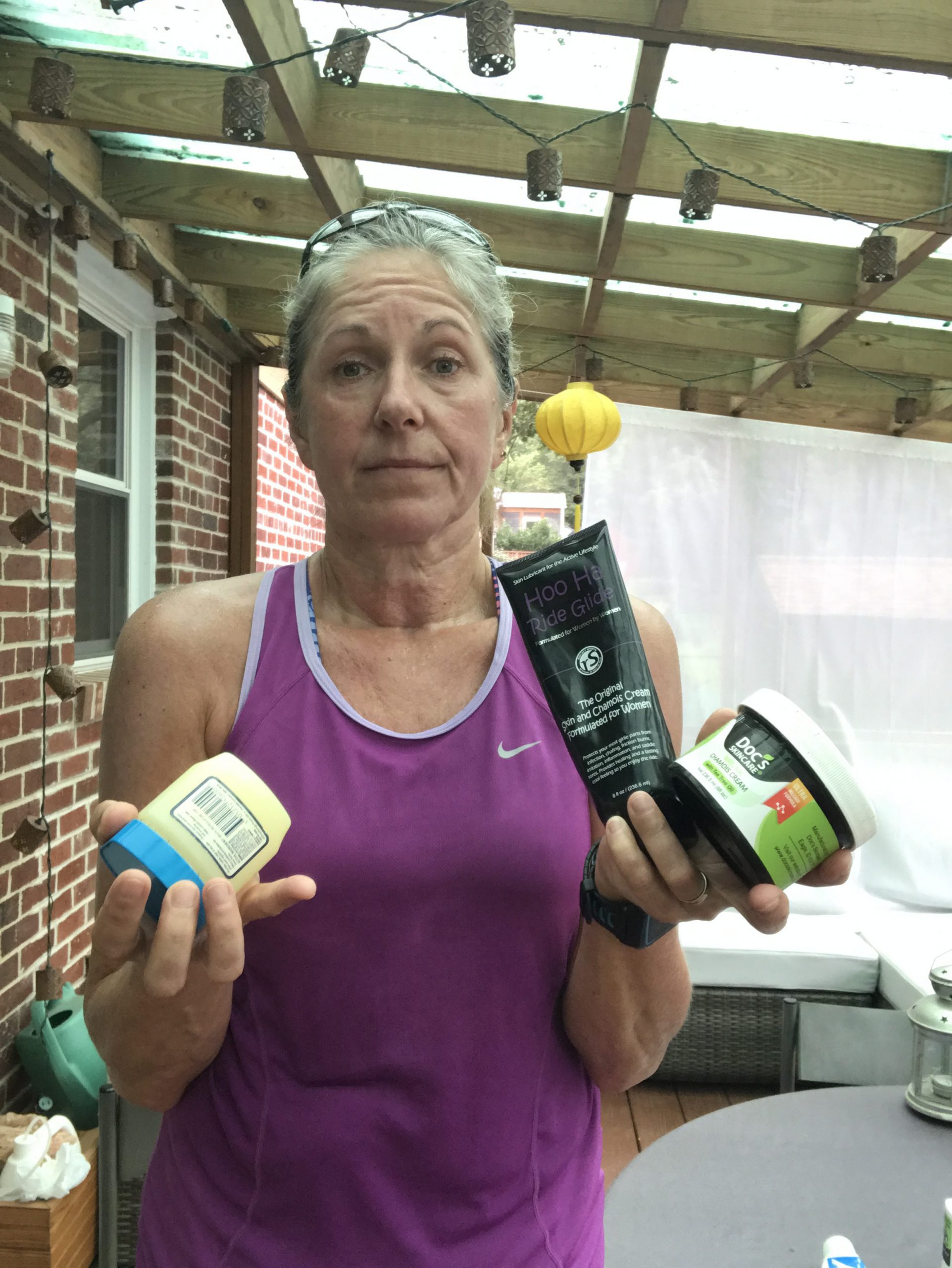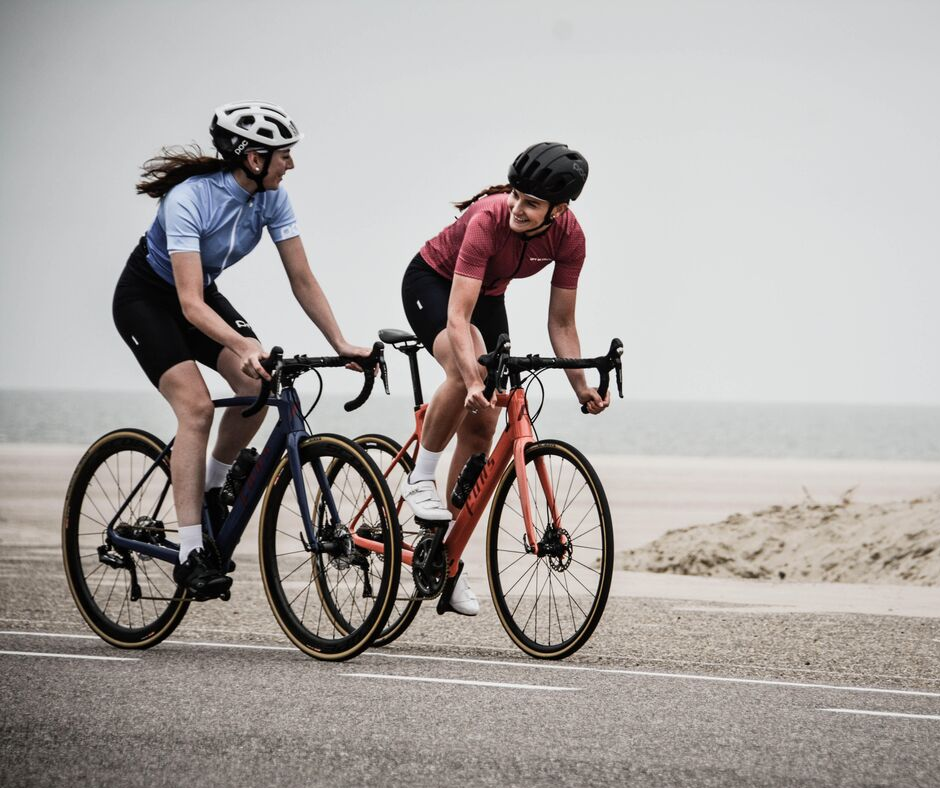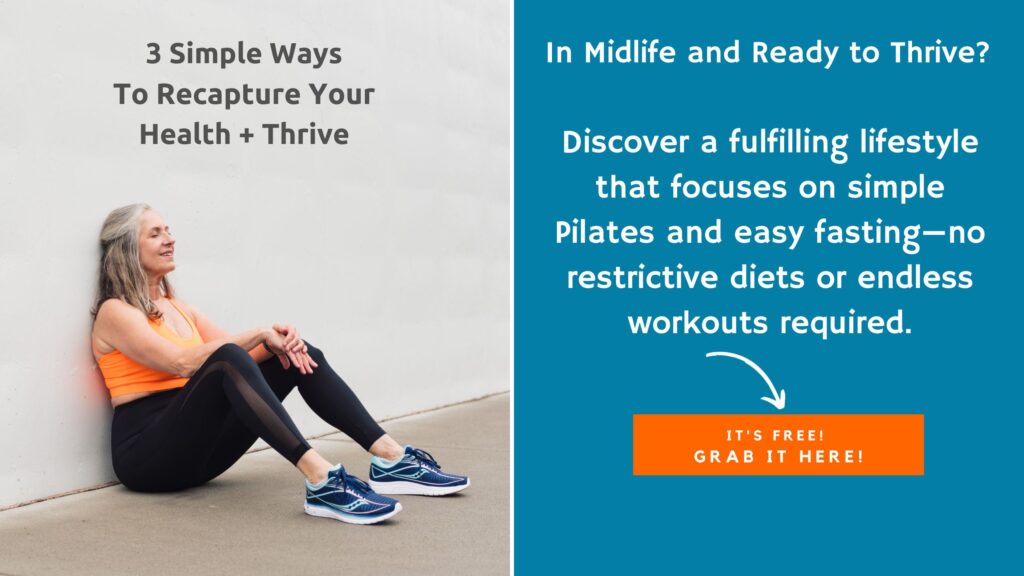This morning I wanted to spend time with you talking about the good, the bad, and the ugly. But, you may wonder, “The good, bad, and ugly… of what?” Chafing. Yes, Chafing is painful, but what can you do about it?
If you are an active woman outdoors exercising a lot, you know what I’m talking about. This morning, I will have a little bit of coffee, hang out with you, and share my experiences. The battle wounds I’ve incurred with my training have given me some solutions to spare you from those same battle wounds.
I know when I sometimes come back from a training workout and look in the mirror and think, “Oh my god, what just happened to me?” I have cuts, bruises, blue spots, and blisters; it’s awful and hurts. So why do we get these chafe marks?

We wear these beautiful wick-away synthetic clothing that is supposed to help us not chafe, right? But as you start sweating, the clothes get wet. So the skin begins rubbing against the damp material, causing friction and giving you those ugly, crazy red marks, bruises, and cuts.
Now, what are the main spots where we chafe?
Under the bra: This is the number one chafe area for women. You have your beautiful running bra and your heart rate belt under it. All of this rubbing of skin and different materials underneath your breasts can cause Chafing.
The groin: As the legs rub together (which can happen no matter the size of your thighs), you start feeling the friction caused by your shorts, legs, and sweat.
Under the arms: Where the arm hits the material on your side.
As a triathlete, I’m dealing with additional rubbing and chafing spots. If you are a runner, you can skip the article, but I will start with how to protect yourself from chafing as a triathlete.
So as you are preparing for your swim, you start by getting into your wetsuit. Many people use Bodyglide to reduce Chafing, but I have found that it does not stay on as long as I need it to. So instead, I use a product called Five Hour. As mentioned in previous posts, I am not a strong swimmer. I am out there for a while, sometimes much longer than everybody else. However, I have found that the “Five Hour” product lasts much longer in the water and prevents me from chafing. Make sure to put whichever product you choose around any opening in the wetsuit – ankles, neck, armpits, wrists – everywhere!
Beat Exercise Chafing: Tips for Pain-Free Workouts
It Takes Some Planning
When racing in a triathlon, I wear a tri-suit, a running shirt, and bike shorts all in one (it looks a bit like a leotard for anyone who has never seen one). My tri-suit goes underneath my wetsuit, so it does get wet when I am doing the swim portion.
As I’m out of the water, I start transitioning into the bike phase. Chafing can easily happen anywhere since everything is soaked. You want to ensure “down there” does not get chafed while on the bike. However, from my experience, two areas need protection – the first being the groin and the second being your toes. Yep, your toes! As you hustle through your transition, your toes may be wet in your bike shoes, and the moisture can start to rub.

Take Care Of Your Body = Prevent Chafing
In the past, I have sucked it up, focused on racing, and let my toes and groin chafe. However, over my many races, I have figured out my number one trick to help prevent Chafing. Vaseline. Yep, good old Vaseline. It is a lifesaver for your toes and stays on even through the swim portion. For your groin, I use Docs since it feels fresh, stays on for a long time, and comes in a little pouch you can carry in a pocket during your ride. You can apply this product on all your chafing spots, and it REALLY helps during races.
Then, finally, you transition into the running portion of your triathlon. For runners, three main spots get chafed. First, the underarm. Get these guys all lathered up with whatever product you’re using. Second is your lower back, where your running belt sits; cover it with whichever product you choose—finally, your groin and inner thighs. You may feel like you’ve covered your whole body (which is okay!). When transitioning into my run, I re-apply the Five Hour stick and the Squirrel’s Nut Butter (another terrific product to prevent Chafing). This prevents chafing in all the areas I mentioned above.
Next, you need to find the best running clothes for you. Ask your friends what works for them, or leave a comment below, and I will tell you what clothes I prefer.
Your Clothes Can Help Stop Chafing
When I started running, I wore loose and comfortable shorts (the typical “running”). Initially, they were great, but they began chafing in different areas after many races. Then I found out the seam hits right where your inner thighs touch. Once sweat and water accumulate, the Chafing begins, chafing like there’s no tomorrow. It hurts so bad, and it won’t stop. These were not fitting shorts, so I found ones that worked for me.
Then think about the distance you want to run (or bike or swim) that day. Your Chafing may be minimal if you’re going out for a three-miler. On the other hand, if you’re out there for 20 miles on a hot and humid day, you may be chafing, and it’s super painful. Finally, think about the products that you like. There’s a ton of stuff out there. Being a triathlete, all my friends have their own favorite products. Try out a few different products until you find the one that works for you.
You chafed. Now what?
Finally, here is my number one secret to help with what happens after you chafe and think, “Oh man, I have all these nicks, cuts, and bruises. How am I going to survive a shower??” Use diaper rash cream. Yes, the stuff is usually used for babies. Apply this to every place you are chafed, I use it before I hit the shower, and it feels so much better. It doesn’t hurt! It will still hurt after your shower, but it will take the sting out while washing off. Afterward, use Neosporin to help those areas heal.
